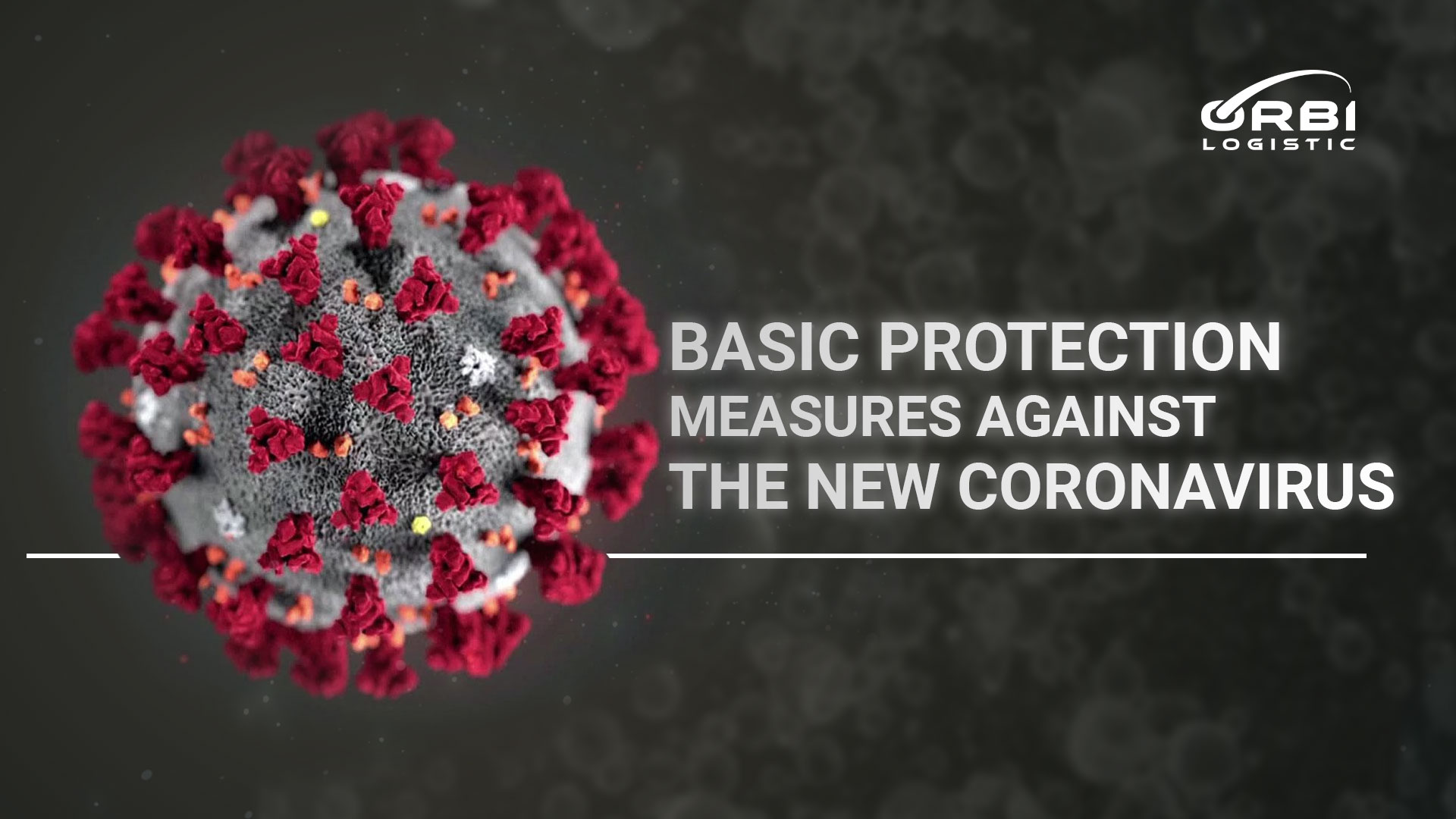Keep up to date with the latest information on the outbreak of COVID-19, which can be accessed on the WHO website and through relevant public health authorities at national and local levels. COVID-19 continues to affect mainly the population of China, although outbreaks have occurred in other countries. Most people who are infected have a mild illness and recover, but in other cases it can be more serious. Take care of your health and protect others through the following measures:
Wash your hands frequently
Wash your hands often with an alcohol-based hand sanitizer or soap and water.
Why? Washing your hands with an alcohol-based hand sanitizer or soap and water kills the virus if it is on your hands.
Take respiratory hygiene measures
When coughing or sneezing, cover your mouth and nose with your bent elbow or a tissue; throw the tissue away immediately and wash your hands with an alcohol-based hand sanitizer or soap and water.
Why? Covering your mouth and nose during a cough or sneeze prevents the spread of germs and viruses. If you sneeze or cough into your hands, you can contaminate the objects or people you touch.
Maintain social distance
Keep at least 3 feet away from others, particularly those who cough, sneeze and have a fever.
Why? When someone with a respiratory illness, such as 2019-nCoV infection, coughs or sneezes, it projects tiny droplets containing the virus. If they are too close, they can inhale the virus.
Avoid touching your eyes, nose and mouth
Why? Hands touch many surfaces that may be contaminated with the virus. If you touch your eyes, nose or mouth with your contaminated hands, you can transfer the virus from the surface to yourself.
If you have a fever, cough, and difficulty breathing, seek medical attention early.
Tell your health care provider if you have traveled to an area of China where 2019-nCoV has been reported, or if you have had close contact with someone who has traveled from China and has respiratory symptoms.
Why? Whenever you have a fever, cough and difficulty breathing, it is important to seek medical attention immediately, as these symptoms may be due to a respiratory infection or other serious condition. Respiratory symptoms with fever can have several causes, and depending on your travel history and personal circumstances, 2019-nCoV may be one of them.
Stay informed and follow the recommendations of health professionals
Stay informed about the latest developments regarding COVID-19. Follow the advice of your health care provider, relevant national and local health authorities or your employer on how to protect yourself and others from COVID-19.
Why? National and local authorities will have the most up-to-date information about whether VIDOC-19 is spreading in your area. They are best placed to give advice on what people in their area should do to protect themselves.
Protective measures for people in areas where VOC-19 is spreading or who have recently visited them (within the last 14 days).
Follow the guidelines above.
Stay home if you start to feel sick, even for mild symptoms such as headache and mild rhinorrhea, until you recover.
Why? Avoiding contact with other people and visits to medical facilities will allow the latter to function more effectively and help protect you and others from possible infection by the VID-19 virus or others.
If you have a fever, cough, and difficulty breathing, seek medical advice quickly. This could be due to a respiratory infection or other serious condition. Call ahead and inform your health care provider of any recent travel or contact you have had with travelers.
Why? Calling ahead will allow your health care provider to quickly direct you to the appropriate health care facility. This will also help prevent the spread of the IDOC-19 virus and other viruses.

